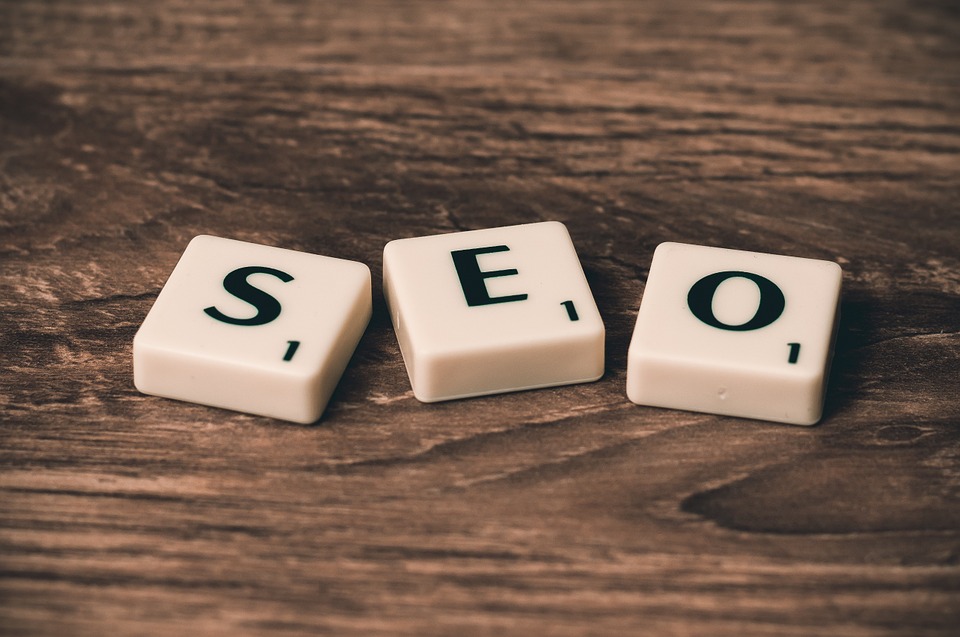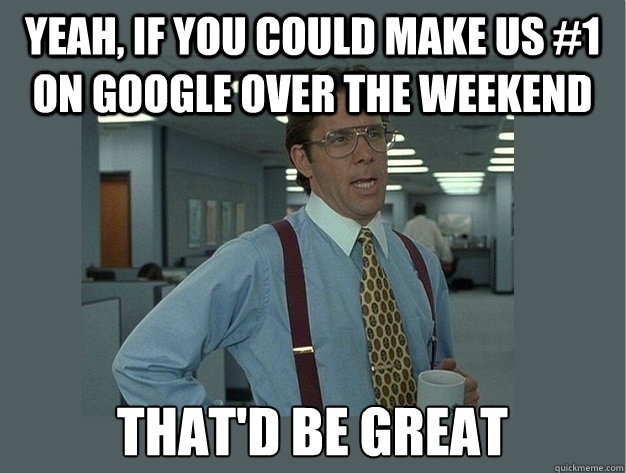 If you Google the term “SEO” you will receive 515 million results in less than a second. That’s how many resources have been dedicated to documenting and explaining the concept behind Google’s search algorithm. Despite all the literature available, business owners large and small are constantly asking, “What is SEO, and why does my website need it?”
If you Google the term “SEO” you will receive 515 million results in less than a second. That’s how many resources have been dedicated to documenting and explaining the concept behind Google’s search algorithm. Despite all the literature available, business owners large and small are constantly asking, “What is SEO, and why does my website need it?”
Here’s the main idea: If your website doesn’t have SEO, then the odds of Google knowing what’s on your site are slim. If Google doesn’t know who you are and what you do, you won’t appear at the top of a basic search related to your business, meaning no one can find you. If no one can find you, you won’t likely have many website visitors, which leads to fewer sales and low brand recognition.
Long story short, you need Google to be able to find your website, and in order for that to happen, your website needs SEO.
What is Organic Search, aka SEO?

Search Engine Optimization (SEO) is the code you add to the page source of a website. The code includes areas for title tag (the name of the tab at the top of your browser), meta description (the “about” text that you see on a Google search), as well as any keywords.
Google is constantly crawling web pages to learn what information, or content, is on the page. The SEO code is typically placed at the very top and it tells Google everything it needs to know in a manner of moments. For example, if a user searches for “highest-rated nail salons,” then having SEO content on your page telling Google this search applies to you will help your website move up in the rankings.
Organic search happens when a potential customer or client performs a search in Google and then clicks on a relevant page. They are said to have “organically” found what they were looking for. The purpose of SEO enhancements is to make sure your website appears at the top of these searches, so when your audience is ready they will find you with a simple Google search.
Websites appearing at the top of a search engine results page (or SERP) but are classified as “ads” are placed there thanks to paid search campaigns, which run through Google’s AdWords platform. But that’s a totally different story.
Manual vs. Automatic

Adding SEO content to a webpage can be an automated process; however, that’s not always in your best interest. Google has many rules and requirements about how many characters can be used in SEO content, and violating those rules could cost you the #1 spot on a SERP. Sure, the allure of a Wordpress plugin that will do it all for you at no extra time or cost is enticing, but if it’s not helping your website rank, is it really working at all?
The best way to add and enhance your site’s SEO is to manually add it to every page. However, if you have a massive website, it could be more prudent to focus on your top performing pages.
Share your SEO success stories in the comments below!